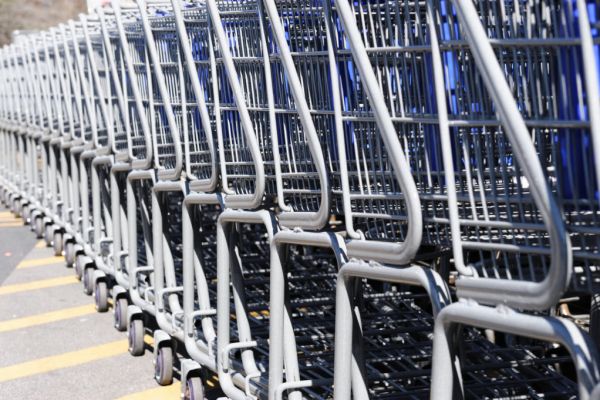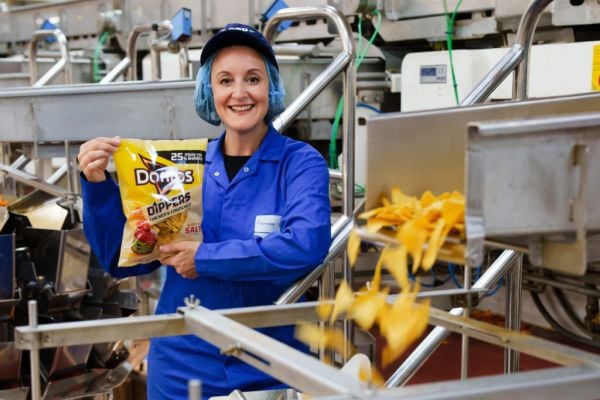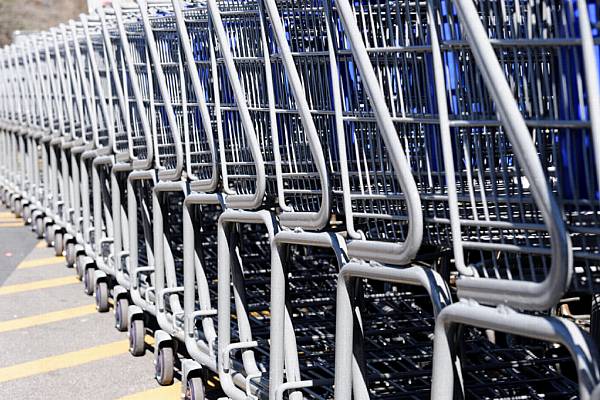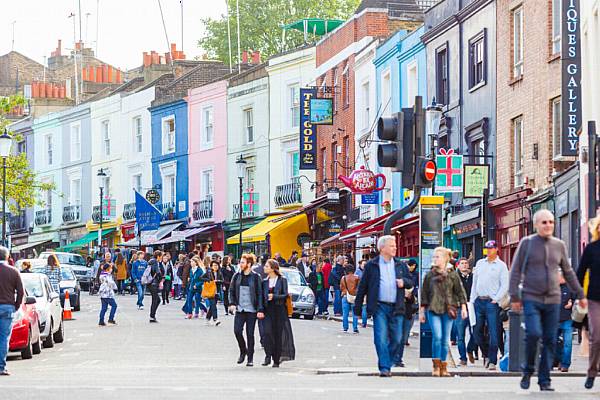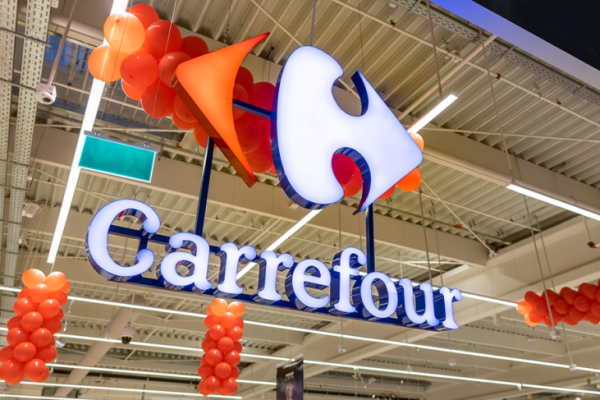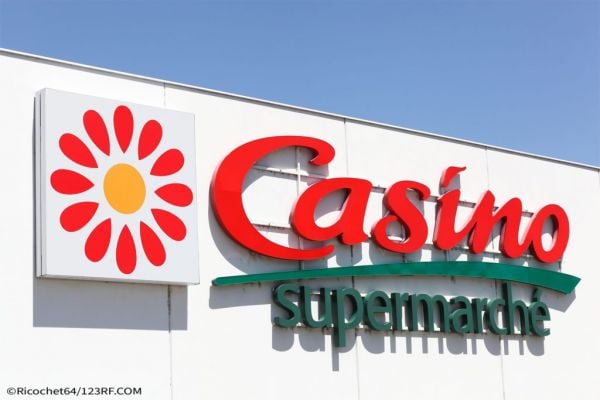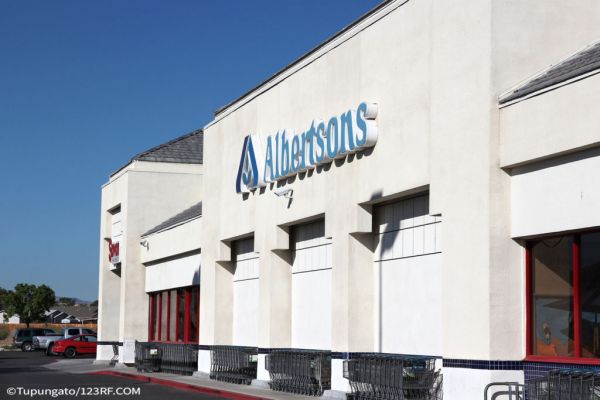Food price inflation in Britain is likely to peak at up to 15% this summer and will remain at high levels into 2023, IGD has warned, dealing another blow to the country's cash-strapped consumers.
In its latest report, IGD said the most vulnerable households in Britain would be hit hardest by the spike in food and drink prices.
Surging prices are already causing the biggest squeeze on household incomes since at least the 1950s in Britain, where grocery price inflation hit 7% over the four weeks to May 15, its highest level in 13 years, according to industry data.
Britain's official rate of inflation hit a 40-year high of 9% in April and is forecast to surpass 10% later in 2022, when regulated energy tariffs are due to jump by a further 40%.
To tackle inflation, the Bank of England looks set to raise interest rates on Thursday for the fifth time since December. However, that will mean higher mortgage costs for many households.
The IGD predicted the average monthly spend on groceries for a typical family of four would reach £439 in January 2023, up from £396 in January 2022.
It expects inflation to be most evident in prices for meat, cereal products, dairy, fruit and vegetables, with products that rely on wheat for feed, such as white meats, likely to see prices soar in the short term.
Read More: UK Grocery Market To Grow 11.3%, Largely Driven By Inflation
Persisting Inflation
The researcher forecast high levels of food inflation would likely last until mid-2023, highlighting several factors including the impact of the conflict in Ukraine, pre-existing supply chain challenges, the limited effectiveness of monetary and fiscal policy and impacts still being felt from Brexit.
"From our research, we're unlikely to see the cost of living pressures easing anytime soon," said IGD chief economist James Walton. "We are already seeing households skipping meals – a clear indictor of food stress."
Britain's four biggest grocers, market leader Tesco, Sainsbury's, Asda and Morrisons all declined to comment on the 15% figure.
Shoppers Trading Down
In response to the crisis, Britons are trading down in both stores and products, switching from mainstream supermarkets to discounters and from branded to lower priced private label products.
They are also cutting back on fuel purchases as they reduce the number of car journeys they make, cancelling streaming services and cancelling repair warranties on domestic appliances.
Poundland owner Pepco said last week Britons were even reining in spending on essential items. Tesco will update on first quarter trading on Friday.
Read More: The Inflation Fallout – Who Will Be The FMCG Brand Winners And Losers?
News by Reuters, edited by by ESM – your source for the latest retail news. Click subscribe to sign up to ESM: European Supermarket Magazine.
